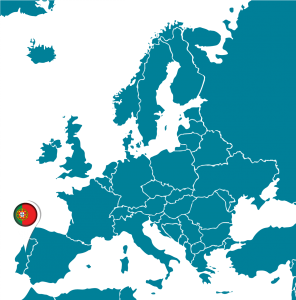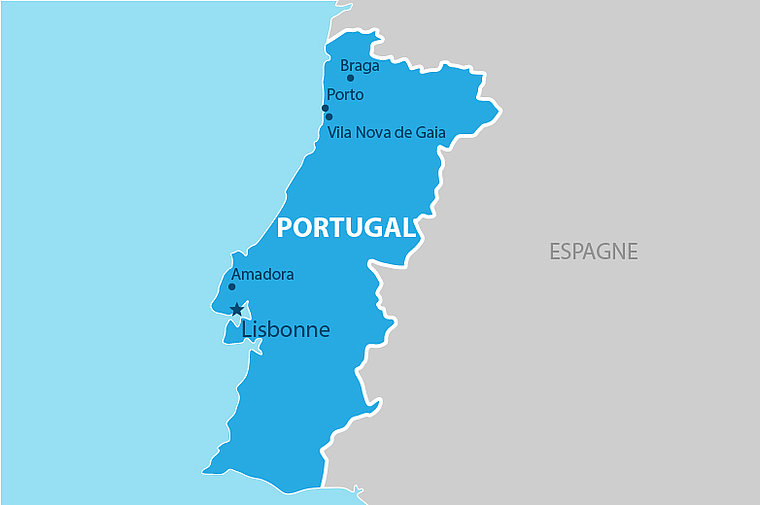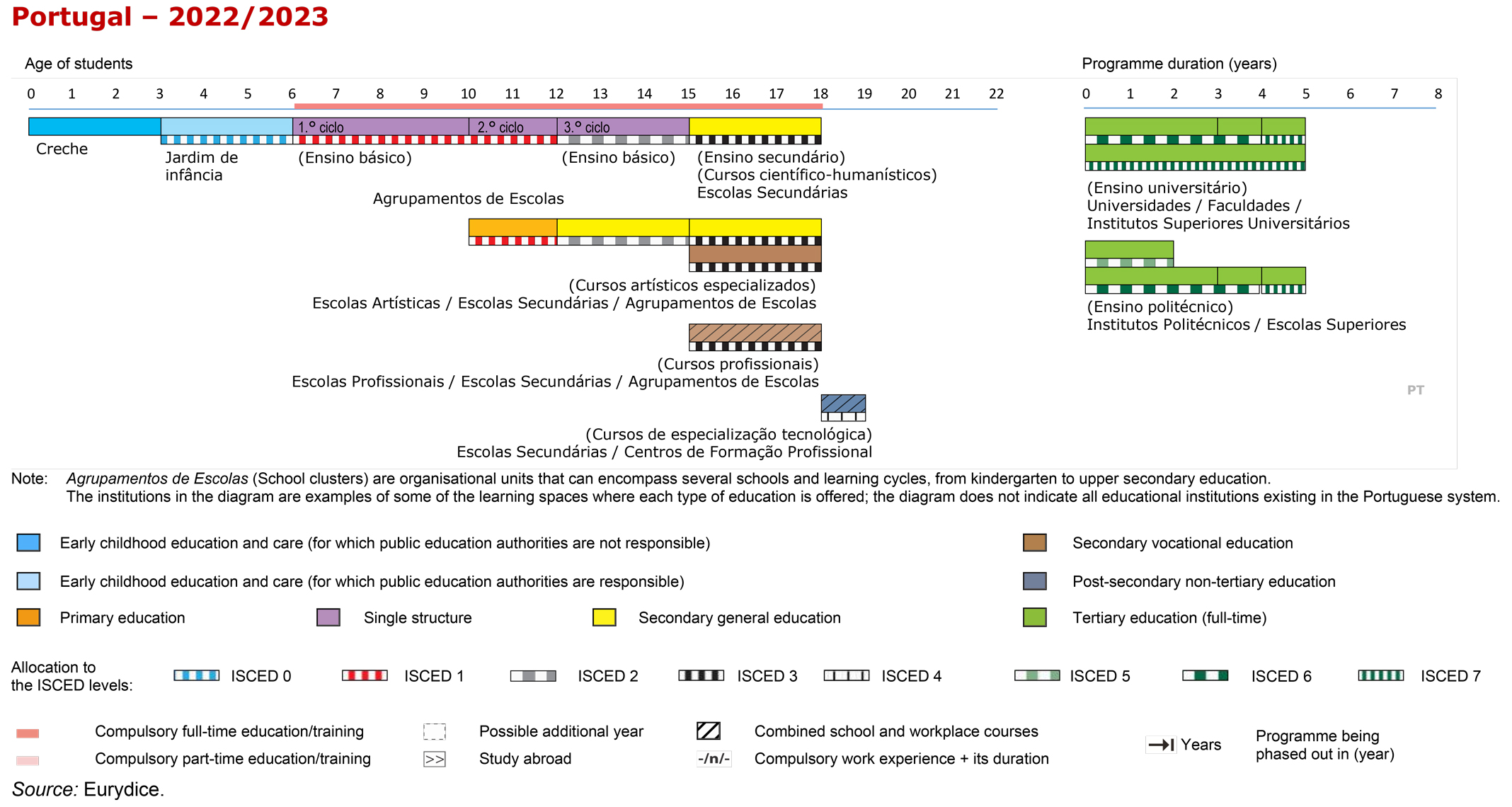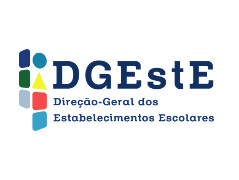Aveiro
Presentation of
Portugal
Semi-presidential republic
National holiday: June 10
Official language: Portuguese
Country code: +351
Capital: Lisbon
Area: 92,212 km²
Population: 10.29 million
EU membership since: 1986
Growth rate: 5.5%
Unemployment rate: 6.1%
Source : https://eacea.ec.europa.eu


The education system

Main features of the education system
The Ministry of Education (Ministério da Educação – ME) is responsible for general non-higher education in Portugal.
Vocational pathways are under the joint responsibility of the ME and the Ministry of Labour, Solidarity and Social Security (Ministério do Trabalho, Solidariedade e Segurança Social – MTSSS).
Higher education falls under the Ministry of Science, Technology and Higher Education (Ministério da Ciência, Tecnologia e Ensino Superior – MCTES), which is also responsible for defining and implementing policies related to the scientific and technological system. Adult education and training are jointly overseen by the ME and the MTSSS.
The functions of these three ministries are carried out by services that are part of the direct state administration, indirect public administration bodies, advisory organs, and other organizations and entities within public enterprises.
The school network is organized into school clusters composed of schools offering all levels of education, from preschool to secondary education.
The Portuguese education system is highly centralized in terms of organization and funding. However, preschools and basic and secondary education institutions have a certain degree of autonomy, particularly in pedagogical matters as well as in scheduling and management of non-teaching staff.
Higher education institutions enjoy a high level of autonomy.
Compulsory education lasts 12 years, starting at age 6 and ending at age 18 or at the completion of upper secondary education (CITE 3).
Public education is free and universal.
There is a single professional career path for teachers at all levels of non-higher education, which requires candidates to hold a second-cycle degree (CITE 7 – Master’s degree).
In the autonomous regions of the Azores and Madeira, the regional governments, through their respective regional secretariats for education, are responsible for defining national education policy in terms of regional planning and managing human, material, and financial resources. Public schools are free of charge.
The stages of the education system
The Portuguese education system is divided into preschool education (up to the beginning of basic education), basic education (ages 6 to 15), and upper secondary education (ages 15 to 18).
Attendance at preschool education is optional, recognizing the important role families play in children’s education. However, it is universal for children from the year they turn 4 (Law No. 85/2009, August 27, amended by Law No. 65/2015, July 3).
Preschool Education
Preschool education covers children from age 3 until the start of compulsory schooling. There is a public and a private network of preschool education institutions, which complement each other. The public network consists of institutions overseen by the ME (Ministry of Education) and the MTSSS (Ministry of Labour, Solidarity and Social Security).
The private network includes both for-profit and non-profit institutions. The former are private and cooperative schools, while the latter are private social solidarity institutions (instituições particulares de solidariedade social – IPSS).
Pedagogical supervision is the responsibility of the ME, which ensures the quality of education in preschool institutions.
The main educational objectives of preschool education are to:
-
Promote children’s personal and social development
-
Foster children’s integration into various social groups
-
Contribute to equal opportunities
-
Stimulate the overall development of the child
-
Encourage the development of expression and communication to foster curiosity and critical thinking
-
Ensure children’s well-being and safety
-
Identify cases of maladjustment, disability, or giftedness, and encourage family involvement in the educational process.
Basic Education
Basic education lasts nine years and is divided into three sequential cycles. Each cycle builds on and enriches the previous one, taking a holistic perspective:
-
The first cycle corresponds to the first four years of schooling (grades 1 to 4)
-
The second cycle covers the next two years (grades 5 and 6) — together with the first cycle, these form primary education
-
The third cycle lasts three years and corresponds to lower secondary education (grades 7 to 9).
The guiding principles for organizing and managing the curriculum aim to ensure a common general education for all citizens by acquiring fundamental knowledge and skills that enable further study.
In basic education, in addition to general education, students may take specialized artistic courses in music and dance.
Basic education can also be completed and certified through various alternative pathways tailored to students’ profiles and characteristics, such as:
-
Education and training courses
-
Alternative curricular pathways
-
Integrated education and training programmes.
Education and training courses offer a flexible way to complete compulsory schooling, adapted to individual interests, either to continue studying or to qualify for the job market. Alternative curricular pathways are exceptional measures (established in 2006) used when students show no progress despite interventions aimed at success, with the goal of school reorientation. The integrated education and training programme encourages citizenship skills and social, community, and solidarity activities, using practical and differentiated methodologies to promote education and professional development.
Upper Secondary Education
Upper secondary education lasts three years and corresponds to upper secondary schooling. It is organized in various forms depending on the goals pursued, whether access to further education or preparation for working life. Flexibility between these paths is guaranteed.
The different types of upper secondary education have distinct objectives and focuses:
-
Humanities courses are oriented toward further studies in higher education.
-
Vocational courses aim at professional qualification to enable students to enter working life; these courses offer dual certification and access to post-secondary or higher education.
-
Specialized artistic training is oriented either towards further study (music) or entry into working life combined with further study (visual and audiovisual arts and dance).
-
Specific programme courses (science and technology courses) are dual certification courses with a specific curriculum provided by some private schools; they offer a basic scientific and cultural education as well as technical training teaching professional skills.
-
Education and training courses offer a flexible way to complete compulsory schooling adapted to students’ interests, either to continue their studies or obtain specific training for the labour market.
-
Apprenticeship courses allow students to obtain both school and professional certificates, oriented towards employment and access to higher education.
-
Recurrent upper secondary education targets adults who did not benefit from education at the usual age or who did not complete their studies.
Mobility group
Organisation
City
Position
EEPU Jean Aicard
Pourrières
Teacher
Collège Henri Matisse
Saint-Maximim-la Ste-Baume
School counselor
Collège Henri Matisse
Saint-Maximim-la Ste-Baume
English teacher
Lycée Maurice Janetti
Saint-Maximim-la Ste-Baume
Head teacher
Lycée Maurice Janetti
Saint-Maximim-la Ste-Baume
Life and Earth Sciences teacher
DSDEN
Marseille
Educational advisor
Rectorat
Nice
Academic project manager, EAVR
Rectorat
Nice
IEN HG-Lettres
Host organisation
Institutional partner
Host organisations
Organisation
City
Type/Level of organisation
Coimbra
Niveau institutionnel
xxx
Coimbra
Niveau primaire/collège
xxx
Coimbra
Niveau collège
xxx
Coimbra
Niveau lycée
Presentation
Mobility Group
Host organisation

